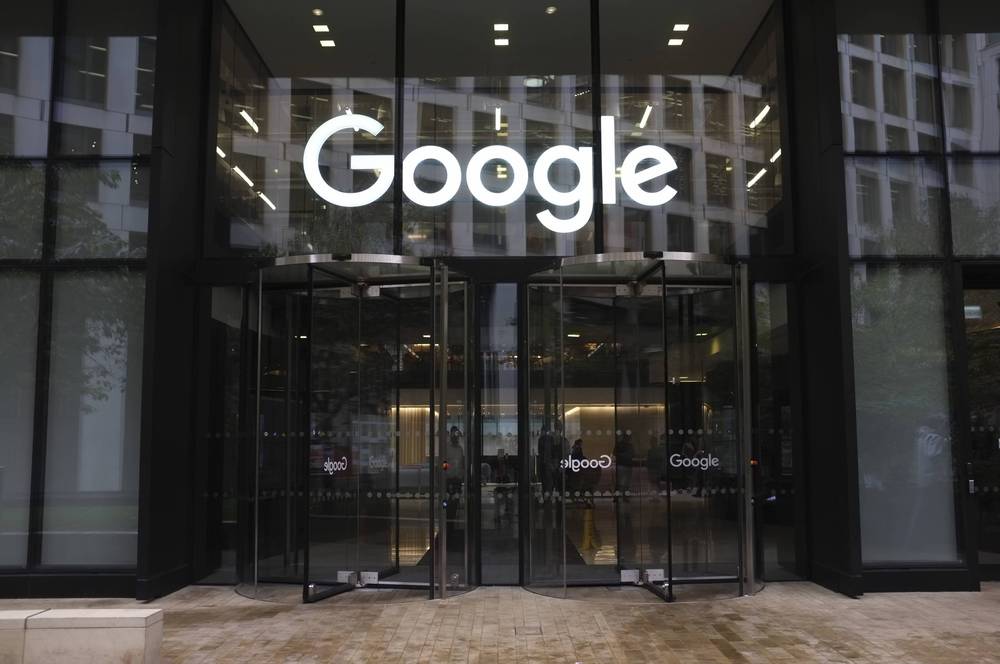Last year, Microsoft Corp.’s Azure security team detected suspicious activity in the cloud computing usage of a large retailer: One of the company’s administrators, who usually logs on from New York, was trying to gain entry from Romania. And no, the admin wasn’t on vacation. A hacker had broken in.
Microsoft quickly alerted its customer, and the attack was foiled before the intruder got too far.
Chalk one up to a new generation of artificially intelligent software that adapts to hackers’ constantly evolving tactics. Microsoft, Alphabet Inc.’s Google, Amazon.com Inc. and various startups are moving away from solely using older “rules-based” technology designed to respond to specific kinds of intrusion and deploying machine-learning algorithms that crunch massive amounts of data on logins, behavior and previous attacks to ferret out and stop hackers.
